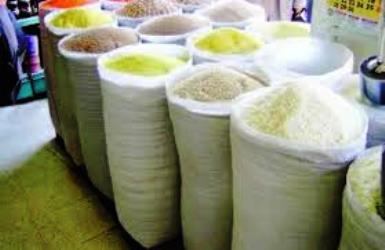The Federal Government’s duty-free food imports and resulting price crash could worsen Nigeria’s food insecurity, an expert has warned.
Mr. Joseph Unogwu, Country Director of the Agricultural Development for Economic Growth Initiative (AgDEG), said this on Sunday in an interview in Makurdi.
The Federal Government had in July 2024 opened borders for a 150-day window to allow duty-free imports of rice, maize and wheat. The measure, according to Agriculture Minister Abubakar Kyari, was meant to curb food inflation and ease the high cost of living.
But Unogwu cautioned that flooding the market with imports would cripple local food production.
“No nation cedes its food production to another and remains secure,” he said. “Farmers are already leaving their farms due to high costs and poor returns. By focusing only on lowering prices, Nigeria has become a dumping ground for surplus from other countries.”
He warned that the policy would destroy rural livelihoods, fuel unemployment, weaken the naira and make Nigeria more import-dependent.
“The government itself admitted that Nigeria’s food import bill is over $10 billion — unsustainable for the economy. This approach will expose the country to hunger and vulnerability,” he said.
Unogwu added that the policy could also swell the pool of people vulnerable to recruitment into criminal activities as more farming families lose their means of survival.
He urged government to address insecurity, high input costs, and lack of incentives for farmers rather than relying on food imports.
“If the government supported farmers with inputs, subsidised production costs, and guaranteed buyback of produce at fair prices, food prices would fall sustainably.
Fertiliser is ₦50,000 per bag, agrochemicals and seeds are unaffordable. Without tackling these challenges, Nigeria will keep rolling back progress and deepening dependency,” he said.


